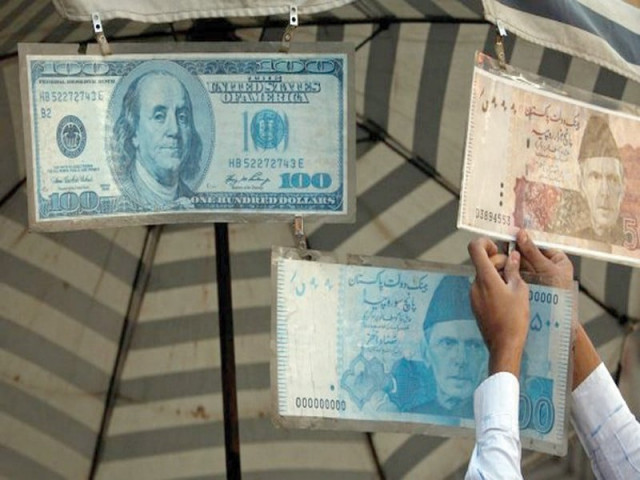Country is in crisis: PBC tells PM
Recommended adoption of austerity measures, urgent restructuring of debt

The Pakistan Business Council (PBC), on Friday, urged the government to admit before the nation that the country is in a serious economic crisis, instead of denying the default risk to effectively plan, execute and get out of the tough situation.
In addition, the country’s preeminent business advocacy group, comprising the top 100 foreign businesses across the country, recommended a $19 billion energy conservation plan and the adoption of austerity measures. PBC has strongly advised the resumption of the International Monetary Fund (IMF) loan programme and suggested the government urgently negotiate the restructuring of its foreign debt to buy time and undertake overdue economic reforms.
The council made the recommendations before Prime Minister Shehbaz Sharif in a meeting on Thursday that was also attended by Finance Minister Ishaq Dar and State Bank of Pakistan (SBP) Governor, Jameel Ahmad. The council shared a set of recommendations with the media, titled ‘Macro-economic Priorities/Primary Objectives: Secure Pakistan’s Solvency and Buy Time for Fundamental Reforms’.
PBC has called for an “honest acknowledgement of the crises and an effective communication campaign to get the public on board on the needs to conserve energy and adopt austerity.”
“Clearly convey the seriousness of the economic crises to the public instead of denying the default risk,” read the set of recommendations from the report.
“This is not the time for ‘business-as-usual’. It is imperative to get the public to realise the extent of the crises so that they adopt more responsible behaviour,” PBC delegation led by its Chairman, Muhammed Aurangzeb said in the meeting with PM Sharif.
The PBC presented ideas to create a $19 billion positive impact on the external account and raise over Rs1 trillion for the fiscal account.
Notable amongst these was “maximise use of variable renewable energy - VRE (hydel, wind, solar, nuclear) and indigenous coal instead of relying on expensive imported fuels (furnace oil, RLNG and imported coal)”.
“Complete reliance on indigenous sources will help save $4.7 billion annually but would result in daily average shutdown of eight hours (with a seasonal variation of 4-10 hours). If the shutdowns are to be curtailed, it would reduce this saving,” it said.
It recommended rebates on the export of services similar to those on goods to attract $2.5 billion in exports that are currently not documented.
It also recommended narrowing the spread between the informal and the official foreign exchange rate to stem the decline in official remittances and reduce the source of funding for smuggled and under-invoiced goods.
“An estimated $350 million per month will be shifted back from the informal to the formal sector and this will have an annual positive impact of $4.2 billion,” it was stated in the recommendations.
Other measures to manage the external accounts include tighter controls on the leakage of US dollars into Afghanistan, restricting the use of credit cards for foreign payments to tax filers only, raising the rate of return on Naya Pakistan Certificates and expediting the privatisation of the RLNG power plants (to earn an estimated $3 billion).
Other suggestions were to limit working days to four per week with one-day work-from-home instead of a typical five-to-six-day workweek. This will cut down electricity demand by 10% while also curtailing petroleum demand by 10-12%.
“The SBP had previously estimated an annual saving of $1.5-2.7 billion from such measures,” it stated. “Pakistan is to repay foreign debt worth $13 billion in the remaining six-months of the current fiscal year 2023 and another $75 billion during the period between FY24-26,” the set of recommendations states.
Despite a severe import crunch leading to “significant unemployment”, the current account deficit is running at about $8 billion (in FY23) and there is a substantial backlog of dividend and other (outward) remittances.
“Whilst the IMF programme is critical to restore the confidence of friendly nations to provide assistance, it will not be sufficient to meet debt obligations, unless debt is significantly restructured. The resumption of the programme will also not provide the space to implement fundamental reforms. Short-term rollovers will not suffice,” PBC stated.
Published in The Express Tribune, January 7th, 2023.
Like Business on Facebook, follow @TribuneBiz on Twitter to stay informed and join in the conversation.



















COMMENTS
Comments are moderated and generally will be posted if they are on-topic and not abusive.
For more information, please see our Comments FAQ